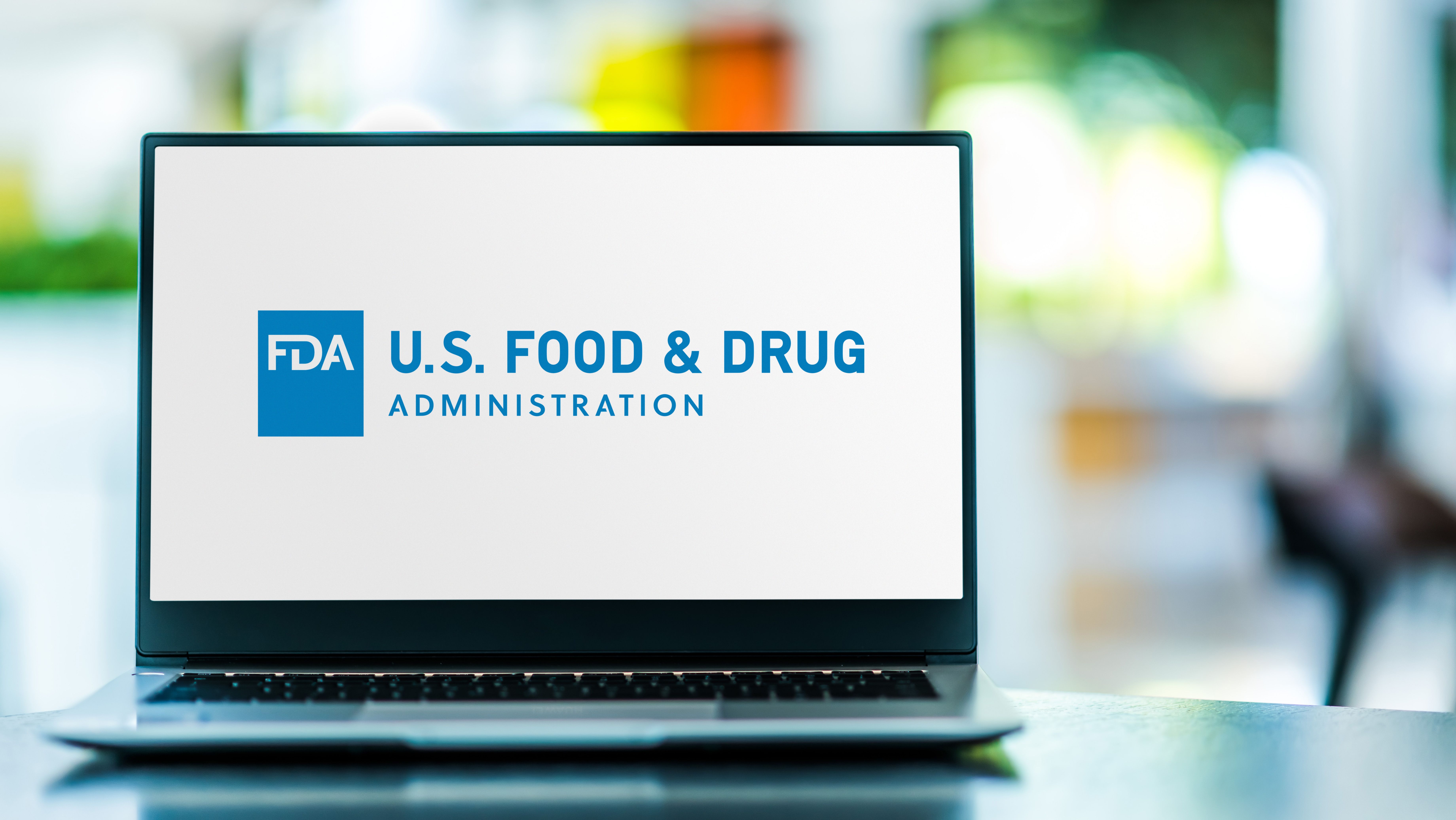- Center on Health Equity & Access
- Clinical
- Health Care Cost
- Health Care Delivery
- Insurance
- Policy
- Technology
- Value-Based Care
Inhaled PAH Therapy Gets Tentative Go-Ahead From FDA
The tentative approval cannot take effect because a competing product was granted market exclusivity.
A new formulation of treprostinil (Yutrepia) could soon be available to patients with pulmonary arterial hypertension (PAH) and pulmonary hypertension associated with interstitial lung disease (PH-ILD) after the Food and Drug Administration (FDA) gave tentative approval to the product earlier this month.
The tentative approval is the latest twist in a years-long effort by Liquidia Corp. to gain permission to market its inhaled dry-powder formulation of treprostinil.1 The approval is tentative because, while the FDA said the therapy has met all regulatory standards for quality, safety, and efficacy, its approval cannot be finalized until market exclusivity for a competing product—United Therapeutics’ Tyvaso DPI—expires on May 23, 2025.
FDA | image credit: monticellllo - stock.adobe.com

In a press release, Liquidia chief executive Roger Jeffs, PhD, said he was pleased that the FDA has now provided a “clear path” to approval for treprostinil.
“However, we are disappointed and disagree with the FDA’s decision to simultaneously grant regulatory exclusivity to United Therapeutics for Tyvaso DPI that encompasses chronic use of essentially any dry-powder formulation of treprostinil in the approved indications for a three-year period for its new dosage form approved on May 23, 2022,” Jeffs said.
Late last week, the company filed a lawsuit challenging the FDA’s granting of new clinical investigation (NCI) market exclusivity to Tyvaso DPI because, they said, the formulation did not meet the criteria to represent a clinical innovation.2
“The FDA’s action improperly allows United Therapeutics to tack on yet another regulatory exclusivity, stifling competition and patient choice,” Jeffs said, in announcing the lawsuit.
United Therapeutics markets both an inhalation solution formulation of treprostinil (Tyvaso) and an inhaled dry-powder formulation (Tyvaso DPI). The former is administered via nebulizer. The company has been involved in litigation with Liquidia and the FDA for several years over issues related to patents and exclusivity for their competing formulations.
In terms of the science, Yutrepia’s tentative approval was tied to findings from the phase 3 open-label INSPIRE trial, in which adults with PAH were either transitioned from nebulized treprostinil to Yutrepia, or added Yutrepia to their current regimen of 2 or fewer non-prostacyclin oral therapies.3
The trial’s objective was to evaluate the safety and tolerability of the formulation. Investigators said 29 of 121 patients who enrolled in the trial discontinued participation, with the most common reason being adverse events. They said that the discontinuation rate was favorable compared to studies of similar products. The most common adverse events reported in the trial were cough and headache, though only 2 episodes (both of headache) were deemed severe. Upper respiratory tract infection, dyspnea, dizziness, throat irritation, and diarrhea were also reported, though most cases were deemed mild or moderate.
By day 360, the investigators said, 96% of patients in the prostacyclin-naive group and 80% of patients in the transition group had titrated to a dose of at least 79.5 mcg, 4 times per day. Exploratory efficacy data indicated that patients in the trial remained stable or experienced improvement in their symptoms after one year.
Liquidia said Yutrepia should be more convenient than a nebulizer for many patients, since it is administered using a palm-sized device that allows for precise, uniform doses. The therapy is currently the subject of the ongoing ASCENT trial, which will evaluate its safety and tolerability in patients with PH-ILD.
References:
- US FDA grants tentative approval of Yutrepia (treprostinil) inhalation powder for patients with pulmonary arterial hypertension (PAH) and pulmonary hypertension associated with interstitial lung disease (PH-ILD). News release. Liquidia. August 19, 2024. Accessed August 24, 2024. https://www.liquidia.com/news-releases/news-release-details/us-fda-grants-tentative-approval-yutrepiatm-treprostinil
- Liquidia Files Litigation to Challenge Regulatory Exclusivity Blocking Access to YUTREPIA™ (treprostinil) inhalation powder for Patients Suffering with PAH and PH-ILD. News release. Liquidia. August 22, 2024. Accessed August 24, 2024. https://liquidia.com/news-releases/news-release-details/liquidia-files-litigation-challenge-regulatory-exclusivity
- Hill NS, Feldman JP, Sahay S, et al. INSPIRE: Safety and tolerability of inhaled Yutrepia (treprostinil) in pulmonary arterial hypertension (PAH). Pulm Circ. 2022;12(3):e12119. Published 2022 Jul 1. doi:10.1002/pul2.12119
